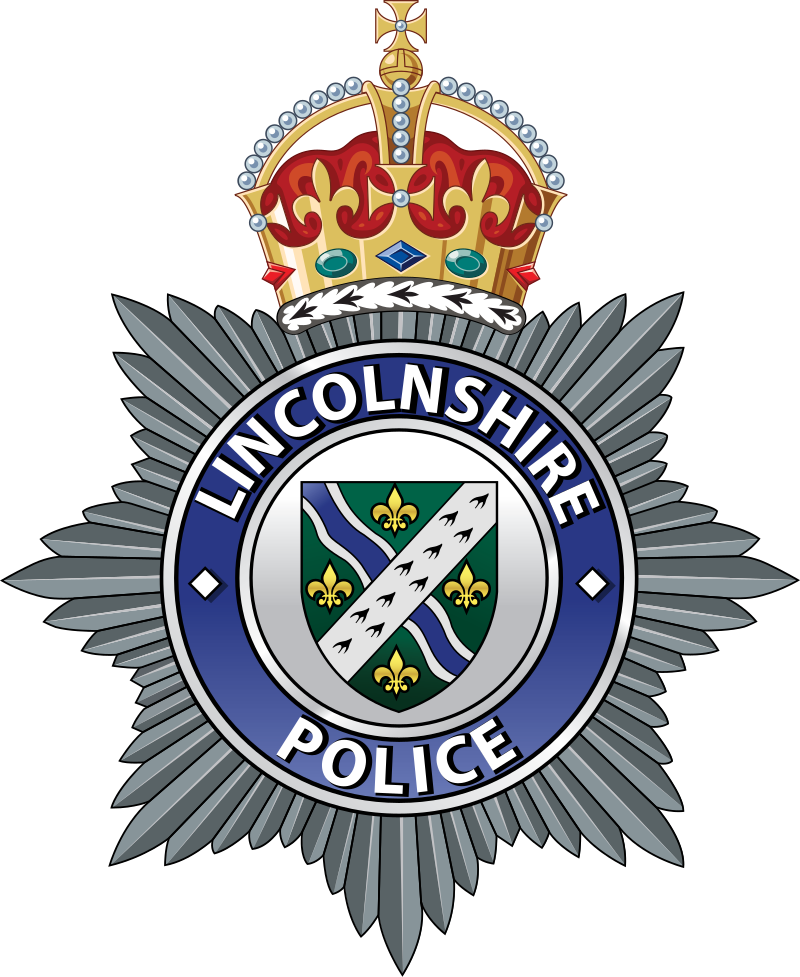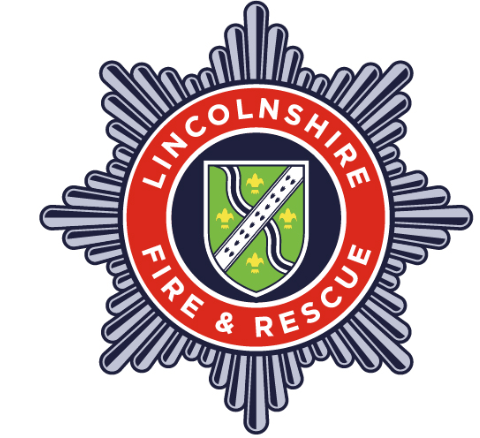Emerging Infectious Diseases
What is the risk of emerging infectious diseases to Lincolnshire?
Emerging infectious diseases could cause large numbers of people to fall ill. These are diseases which have recently been recognised or where cases have increased over the last 20 years in a specific place or among a specific population. The likelihood of an emerging infectious disease spreading within the UK is assessed to be lower than that of a flu pandemic.
The Local Health Resilience Partnership (LHRP) is a strategic forum for Lincolnshire organisations in the local health sector including the voluntary sector. It facilitates the production of local health plans as the Lincolnshire Multi Agency Pandemic Influenza Plan.
You can download the information used on this page via a bite-size risk information document.
How could emerging infectious diseases
affect you and your family?
Emerging infectious diseases could cause large numbers of people to fall ill. These are diseases which have recently been recognised or where cases have increased over the last 20 years in a specific place or among a specific population. The likelihood of an emerging infectious disease spreading within the UK is assessed to be lower than that of a flu pandemic.
- Risk to life
- Travel disruption/ restrictions
- Health impacts on the elderly and vulnerable
We can all be better prepared to
respond and recover from emerging infectious diseases
Follow these practical steps so you and your family can be better prepared for emerging infectious diseases.
Consult the travel immunisation guidance
Take simple precautions if you have a health condition
If you have a pre-existing health condition, you should follow your doctor’s advice to manage your condition and take simple precautions like packing an extra inhaler.
How to prepare
your business
How to prepare
your community
To respond to emerging infectious diseases
Stay up to date with the latest information and guidance from the UK Health Security Agency (UKHSA) on any emerging new diseases.
Ensure you follow any national or local temporary restrictions that have been put in place to help reduce the risk of spreading the disease.
Refer to the NHS Website for information on the signs, symptoms and treatment options for the emerging disease of concern.
If you have concerns about early symptoms then call the 24/7 NHS non-emergency number 111.
For emergencies dial 999.
Find your emergency contacts for emerging infectious diseases
Recovering from emerging infectious diseases
Stay up to date as guidance changes and restrictions are lifted (if applicable), by visiting the GOV.UK website.
Ensure you follow the additional guidance relevant to any pre-existing health conditions you have. If you’re not sure what to do then contact your GP for advice.
What can you do to support your Community?
Identify neighbours who may need assistance (such as delivery of essential supplies) or who may be able to provide assistance to you in the event of restrictions on movement or if you need to self-isolate.
How prepared is your business?
- Review any business continuity plans to ensure your business can cope in times of staff shortages.
- Do you have suitable risk assessments in place for the threat of an emerging infectious disease?
- Can you quickly work with your staff members or volunteers to complete individual risk assessments, if necessary, to protect those who may be at increased risk from the emerging infectious disease?
What is being done to become
better prepared?
We work together to:
- Manage the demand on the NHS and social care.
- Distribute anti-viral medication to the public.
- Oversee public awareness and media management.
- Manage excessive levels of death.
Who is responsible for managing
emerging infectious diseases in the county?
UK Health Security Agency - GOV.UK
Pollution forecast - Defra, UK - Department for Environment Food and Rural Affairs regarding air quality
Travel vaccinations - NHS - travelling abroad
Further resources
Guidance on electric scooters and bikes
This guidance covers the use of e-scooters and bikes.
Guidance for Cycle Sportive Events
This guidance has been written by Lincolnshire County Council Highways and Lincolnshire Police with the aim of assisting in the organisation and running of safe, legal, and successful non-competitive cycling events within the county
Guidance for Lincolnshire Tractor Run Organisers
This guidance document outlines the process organisers need to follow to register a tractor run on the highway and provides advice to organisers to ensure that these events can be carried out safely and legally.
This policy covers both the unauthorised use of drones and model aircraft over event sites and also the authorised use of drones and model aircraft whether by persons given permission by event organisers or by third parties who have requested to film the event.
Fire Risk Assessment Templates
In addition to a Risk Assessment a separate Fire Risk Assessment needs preparing for your event.
Lincolnshire Fire and Rescue Firework Information
Follow the attached guidelines if you intend on having fireworks at your event
Are you signed up to receive flood warnings? If not call the Environment Agency Floodline on 0345 988 1188 to see if your area receives free flood warnings.
Discover how you can be better prepared to deal with flooding, with suggested protection methods from the Lincolnshire Resilience Forum.
Some of our partners

















